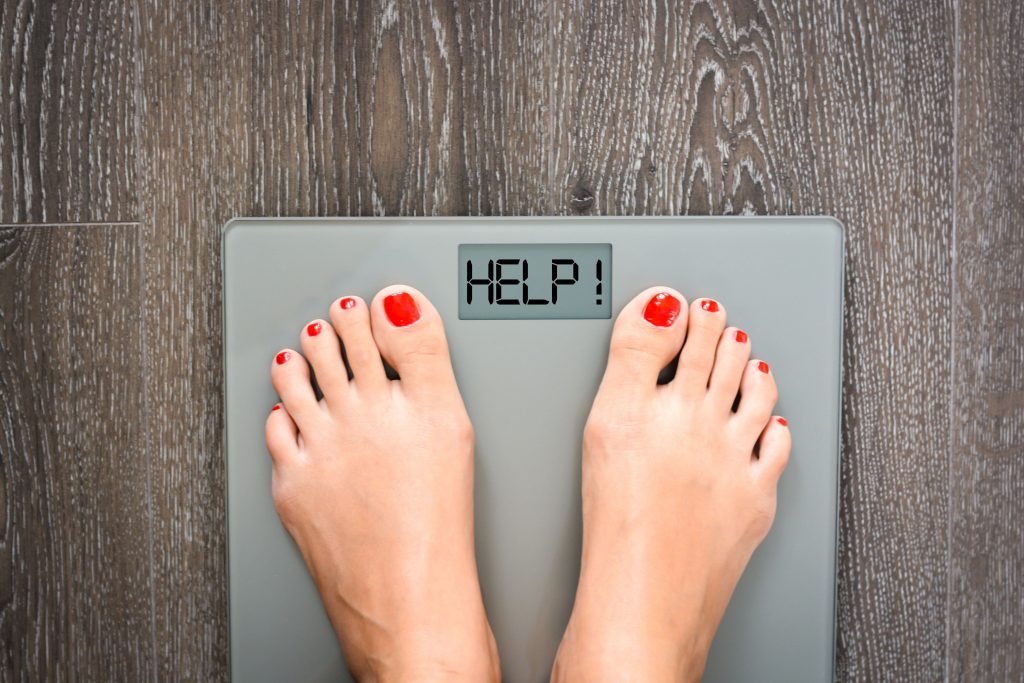Why You Should Burn Fat And Not Carbs
Losing weight is a daunting task. You have to change your eating habits, exercise regularly, and be constantly vigilant about how much you eat. The article provides readers with some tips on how to burn fat instead of carbs for energy.
How to Burn Fat and Not Carbohydrates
The ketogenic diet is all about burning fat, and not carbohydrates. When your body is in a state of ketosis, it burns fat for fuel instead of glucose.
This has a few major benefits:
- Fat loss – because you’re burning fat for fuel, you will lose weight.
- Increased energy – since you’re not relying on sugar for energy, you will have more sustainable energy levels throughout the day.
- Improved mental clarity – many people report feeling more clear-headed and focused on the ketogenic diet.
If you want to try burning fat instead of carbs, there are a few things you need to do:
- Cut out all sources of sugar and starch from your diet. This includes bread, pasta, rice, potatoes, fruit, etc.
- Replace those foods with high-fat, low-carb options like meat, fish, eggs, vegetables, and healthy oils.
- Make sure you’re getting enough protein – aim for 0.5-1 grams per pound of bodyweight.
- Stay hydrated and drink plenty of water – at least 8 cups per day.

Pros of Burning Fat and Not Carbs
When it comes to burning fat, there are a few pros and cons to consider. On one hand, burning fat is a more efficient process than burning carbs. Fat provides more energy per gram than carbs, so you can theoretically lose more weight by burning fat.
Additionally, some people find that they feel more satisfied and have fewer cravings when they eat a diet that is high in fat and low in carbs. On the other hand, burning fat can be a more difficult process than burning carbs. Your body is used to running on carbs, so you may experience some initial side effects when you switch to a high-fat diet.
These side effects can include fatigue, headaches, and irritability. Additionally, if you don’t carefully monitor your fat intake, you could end up consuming too many calories and gaining weight instead of losing it.
Ultimately, whether you burn fat or carbs depends on your individual goals and preferences. If you’re trying to lose weight, burning fat may be the better option.
However, if you’re looking for sustained energy throughout the day, carbs may be a better choice. Talk to your doctor or a registered dietitian to help you determine what’s right
Cons of Burning Fat and Not Carbs
- When you burn fat instead of carbs, you may actually end up hurting your weight loss efforts. Here’s why: Burning fat takes more energy than burning carbs. Your body has to work harder to convert fat into energy, which means you’ll end up burning more calories in the process. In other words, burning fat will boost your metabolism and help you lose weight in the long run.
- Burning fat can lead to muscle loss. If you don’t eat enough carbs, your body will start breaking down muscle for energy instead of using stored fat. This can lead to muscle loss, which can sabotage your weight loss goals.
- Burning fat can make you feel tired and weak. When your body burns through its stored sugar (glycogen), it can leave you feeling fatigued and weak since sugar is a major source of energy for your muscles.
If you’re feeling too tired to exercise, you won’t be able to burn as many calories and lose weight.
What Happens if you Burn Mostly Carbohydrates?
Most people believe that the best way to lose weight is to cut down on calories by reducing fat intake. However, new research suggests that burning mostly carbohydrates may actually be the key to successful weight loss.
A study published in the journal Obesity found that people who burned more carbohydrates than fat lost more weight and had an easier time keeping it off. The study participants who burned the most carbs also had better insulin sensitivity, which is a measure of how well your body processes sugar.
So, why are carbs better for weight loss than fat? When you burn carbs, your body releases insulin, which helps to store energy.
Burning fat, on the other hand, does not release insulin and can actually lead to insulin resistance. The bottom line is that if you want to lose weight and keep it off, you should focus on burning mostly carbohydrates.
This doesn’t mean that you should eliminate all fats from your diet, but you should make sure that most of the calories you consume come from carbs.

Conclusion
If you’re looking for a way to improve your health and fitness, then burning fat instead of carbs is a great option. There are many benefits to doing so, including increased energy levels, improved mental clarity, and weight loss.
Plus, it’s also a great way to reduce the risk of developing chronic diseases such as diabetes. So if you’re ready to make a change, start by incorporating some healthy fats into your diet and see how your body responds. You might be surprised at just how good you feel!
